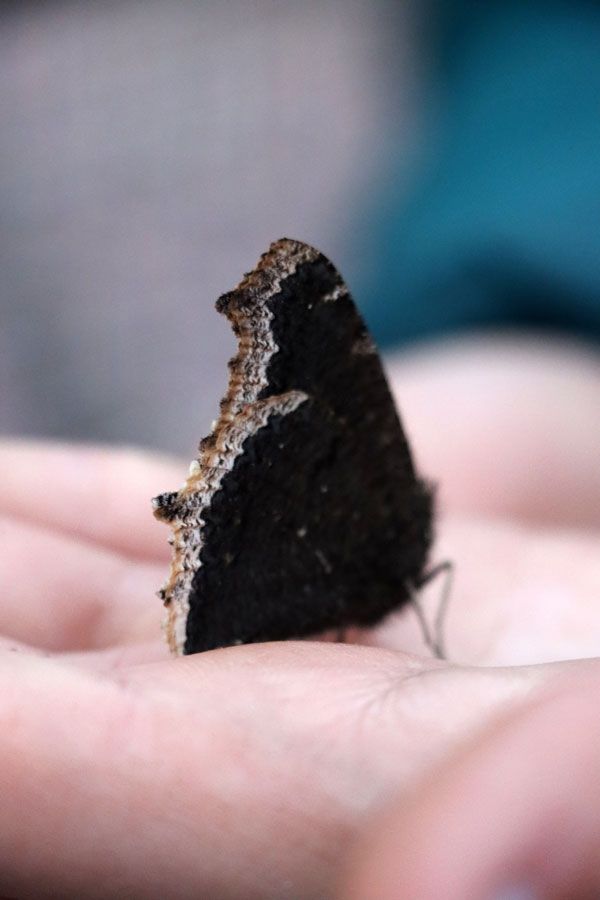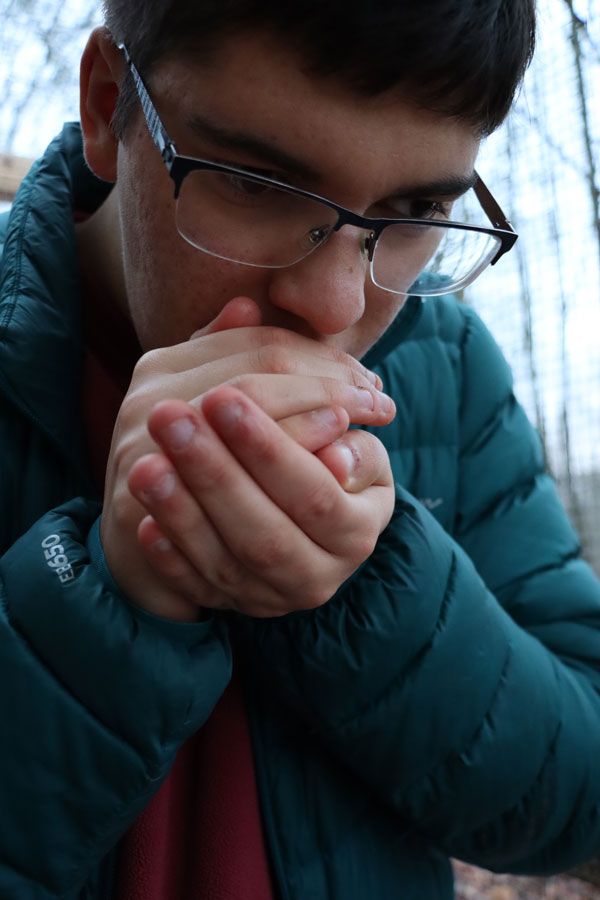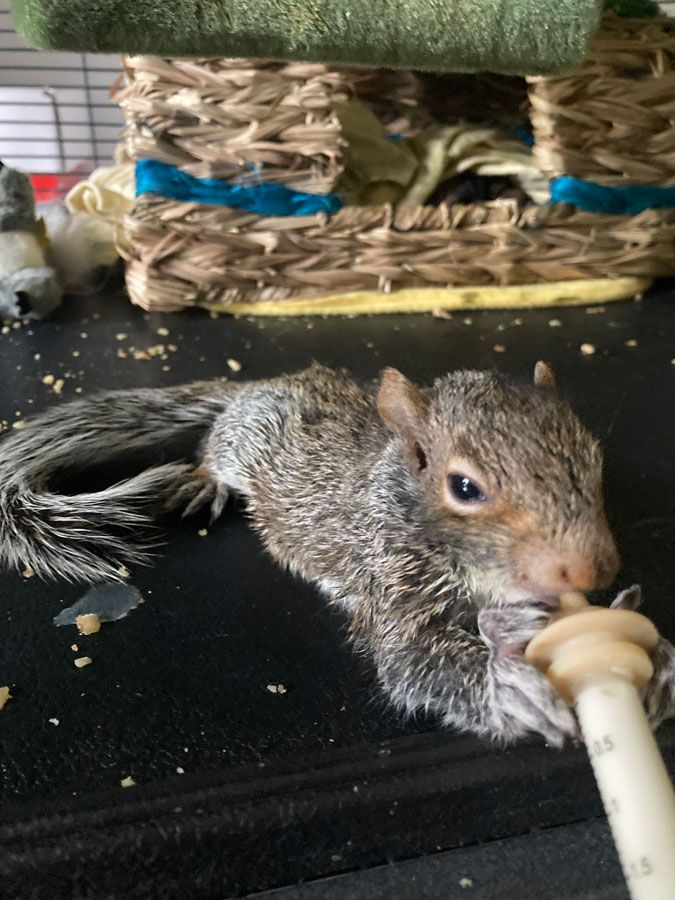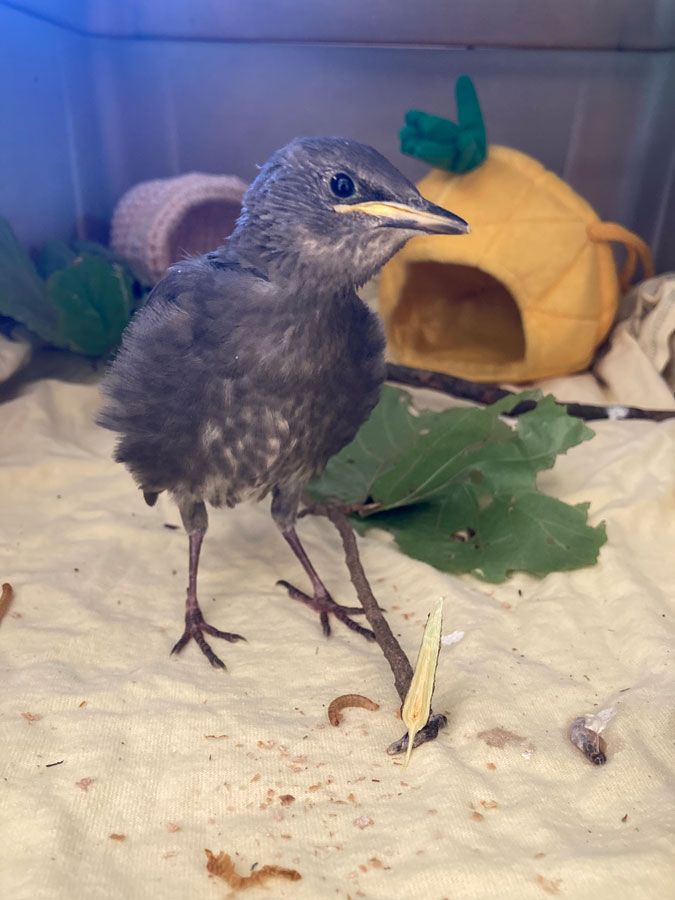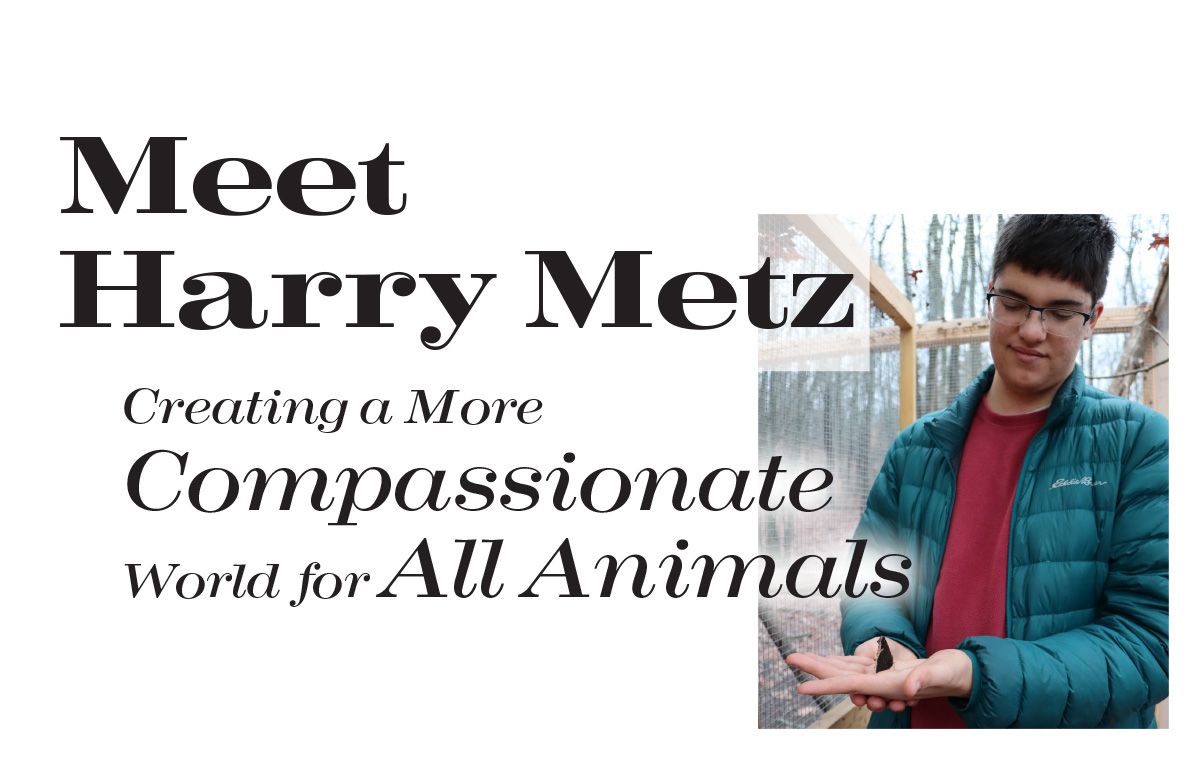
Written by Theresa St. John
Photos by Theresa St John & Harry Metz
Photos by Theresa St John & Harry Metz
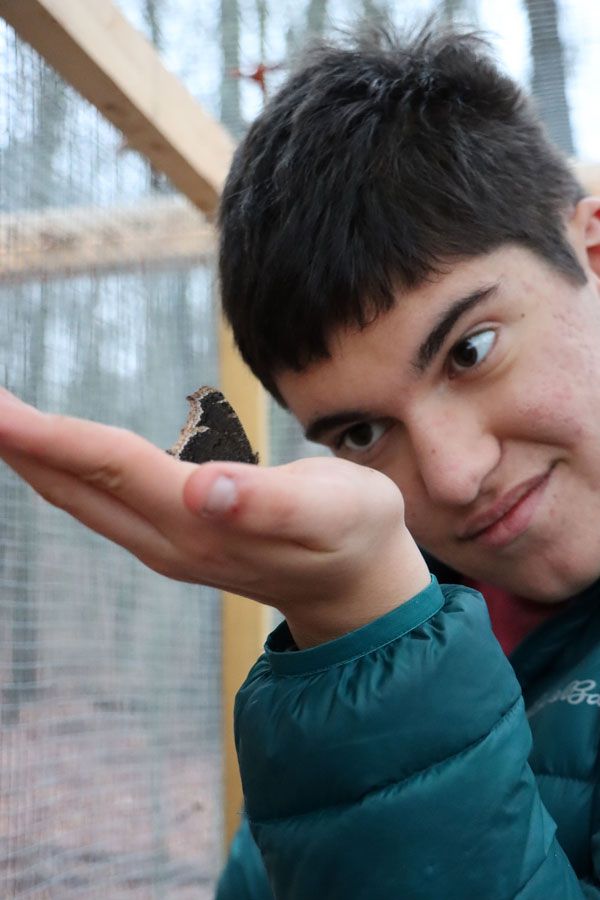
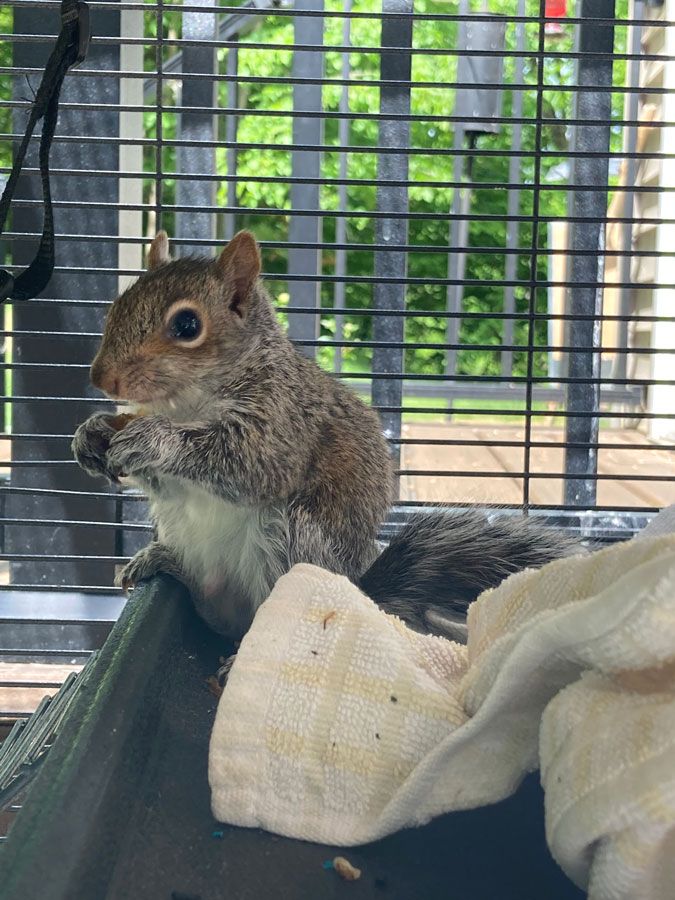
"If we can teach people about wildlife, they will be touched. Share my wildlife with me. Because people want to save things that they love."
- Steve Irwin
When I ask Harry how long he's been interested in learning about wildlife, he smiles. "Forever," he tells me. "I guess you could say I've been interested since I first discovered what an animal was."
We're sitting in Harry's Saratoga home, chatting over coffee while he's settled in for the holiday break from college. "You know," he says," animals are an awful lot like us – just in a different form. Unlike us, they don't try to destroy the world; they affect the earth in a natural, organic way."
In the 7th or 8th grade, Harry began to think about working with injured animals. He knew it would involve volunteering at a hospital or wildlife refuge where he could gain the most experience. At the Adirondack Wildlife Refuge and Rehabilitation Center in Wilmington, NY, he was often called an 'animal whisperer.' There, he worked with baby birds, teaching them to fly, and helped feed fawns being cared for on the property.
A few years earlier, I'd gone there. I share my fascinating adventure on a 'Walk With Wolves.' Harry laughs. "Ah," he says, shaking his head up and down. "You met Cree!" We speak about this beautiful animal and how visitors can walk a little more than a mile with him through a portion of the Adirondack Wetlands to a pond where he goes swimming. I recall Cree howling alongside the man who held his leash. Cree has recently passed away, and Harry talks about how much he misses him.
When Harry was 17, he earned his Class 1 Rehabilitation License. This license enables him to rehab and release certain birds, such as starlings, sparrows, and pigeons. He can also work with small mammals, amphibians, and reptiles. The license allows injured foxes, possums, and weasels to be under his care. "I didn't want to work with domestic animals," Harry tells me. "I was interested in wild creatures; they seemed to have so much personality."
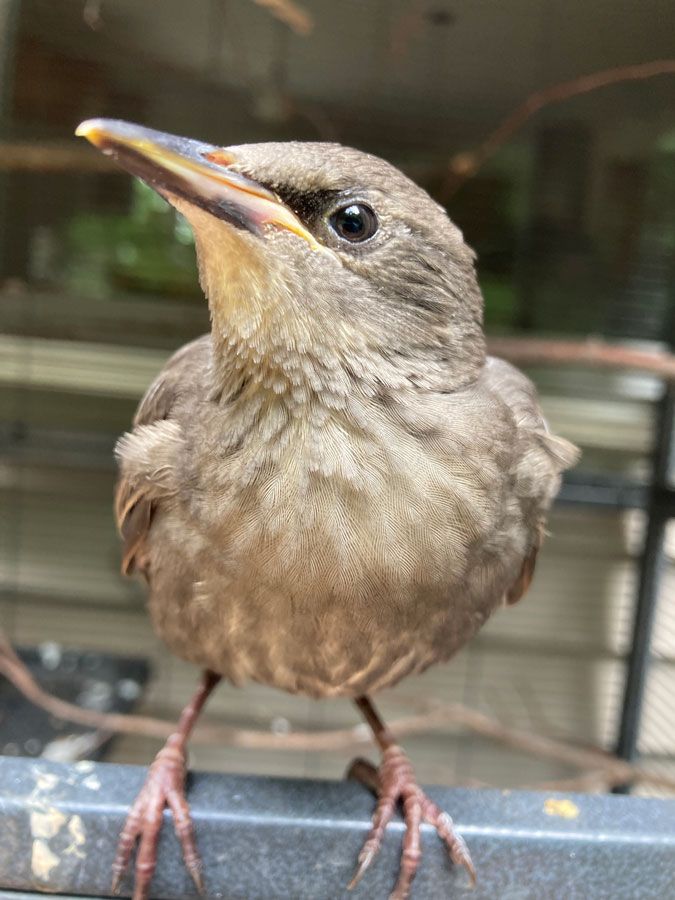
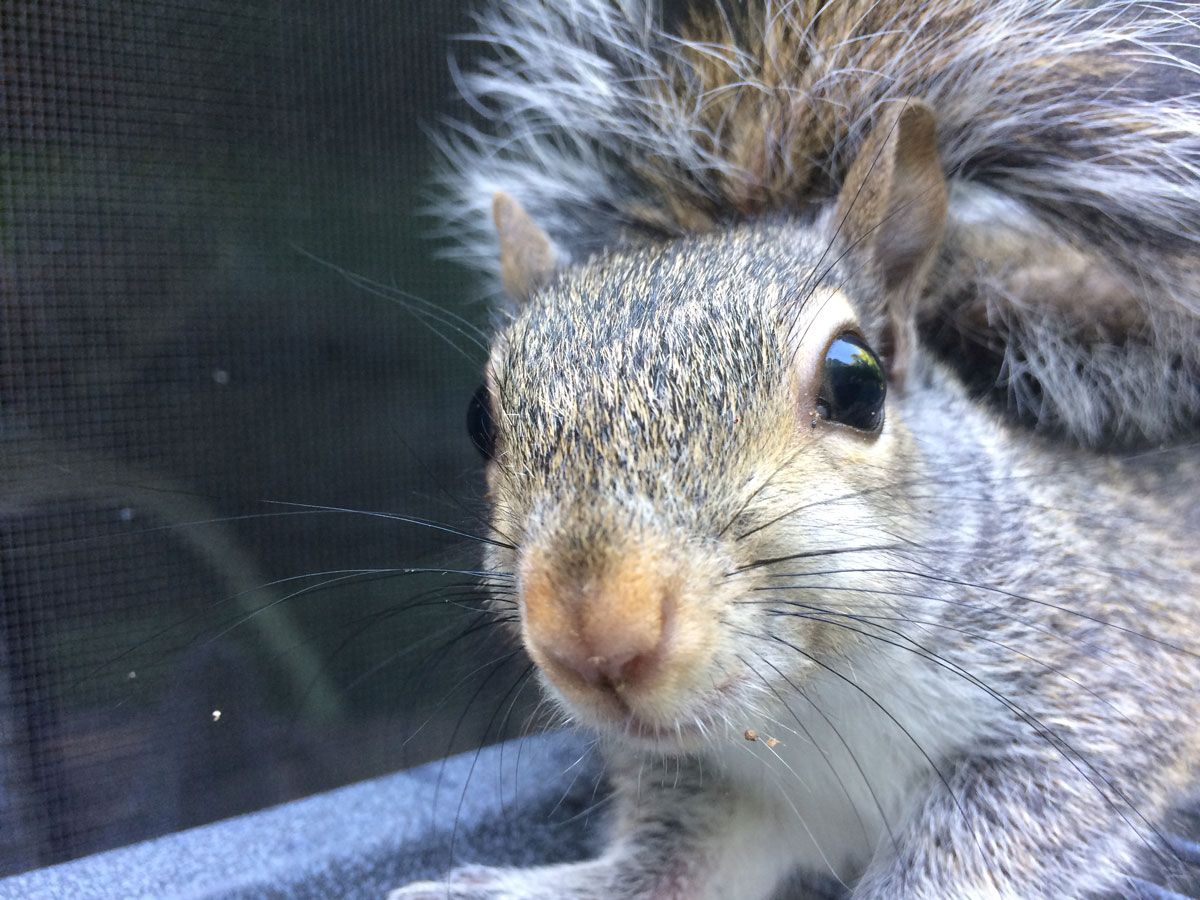
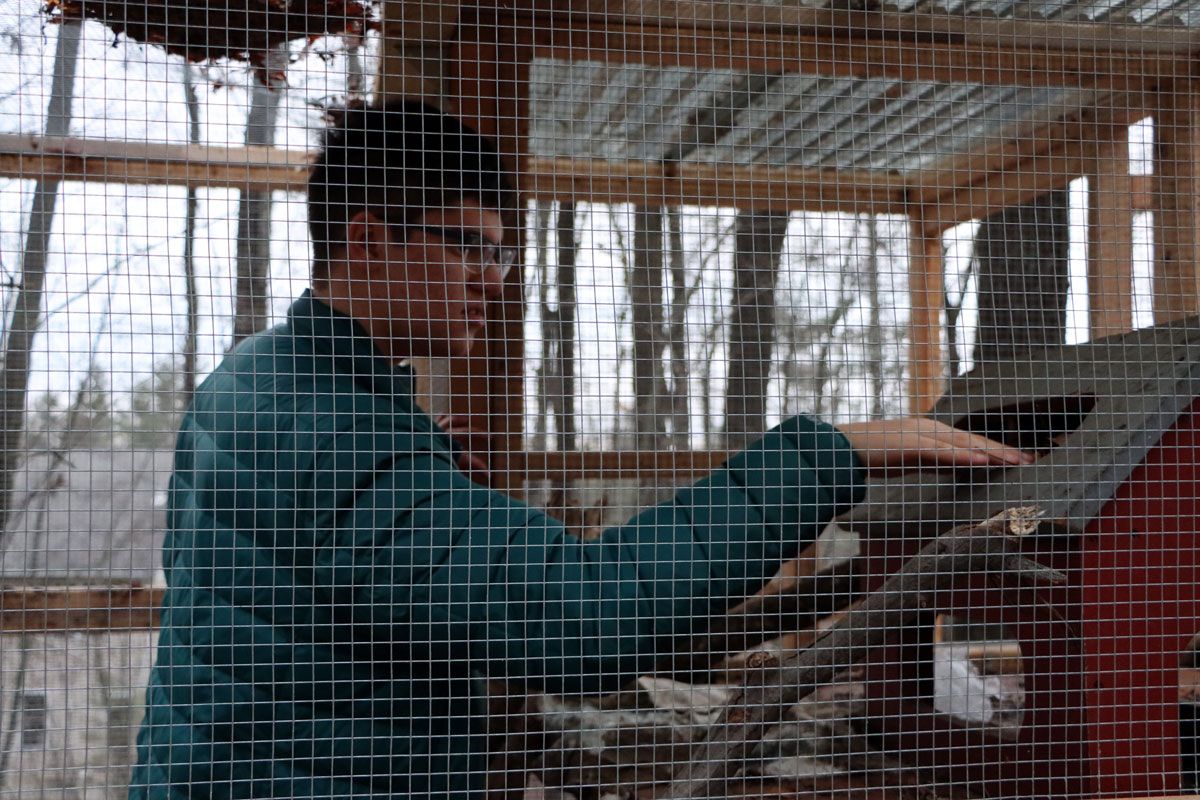
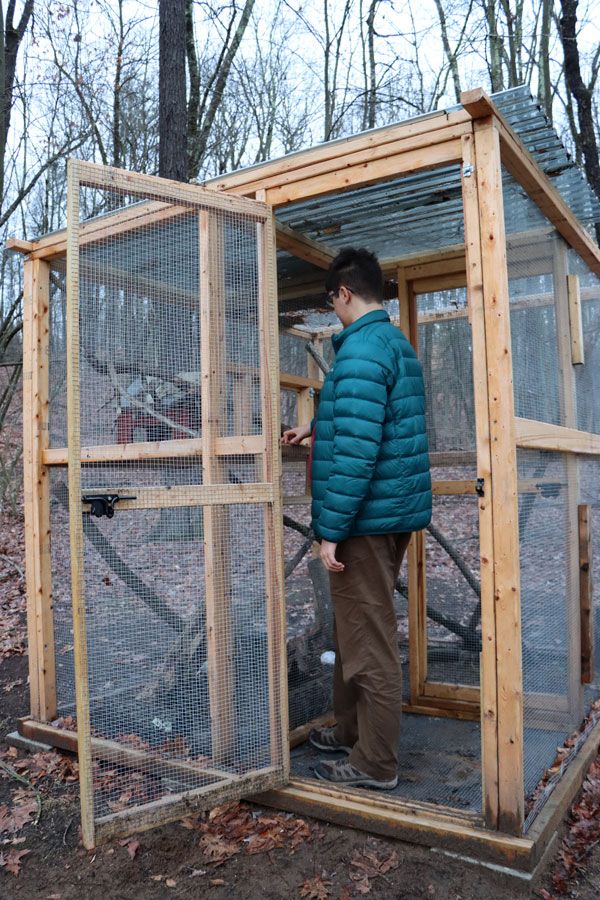
Harry spent hours in the woods as a child, sometimes sitting still and watching everything come to life around him. He'd turn over rocks to see what was under them, gaze up at birds' nests and then walk around the base of the tree to be sure no little ones had fallen out. I ask if he still goes to the woods to sit and ponder. "Every chance I get!" is his reply.
"Come with me," he opens the kitchen slider, and we walk up the hill, where a large cage sits. I learned that Harry built it for his senior project, and it's impressive. The expansive wooden structure is where Harry keeps the animals while working on their rehab. Even though it is December, this young man shows me a butterfly he discovered wandering through the forest recently. "I kicked a log to see what was under it." I watch Harry cup the butterfly in his hands, blowing on it, lending some warmth before tucking the creature back into the corner and covering it with a cloth. His touch is gentle.
During COVID, Harry became involved with the NY State Wildlife Rehabilitation Council via ZOOM. Members became like mentors to him. The association provides educational services to help care for animals in distress and works with government agencies to formulate the highest regulations concerning wildlife. During meetings throughout the year, the group discusses current and pressing issues. They also promote ways licensed rehabilitators and volunteers can become involved with conserving wildlife and their natural habitats.
"I count on my alarm clock – a lot," he tells me. At one time, before completing the enclosure outside, Harry cared for small wildlife in a spare bedroom in his home. "I can't sleep through a feeding of the starlings, sparrows, and squirrels I take care of." I smile when he tells me how their eyes open between 5-6 weeks old, that the animals he works with have sometimes fallen out of a nest, and that he finds them both intelligent and funny. "I'm always going to be a student, learning more about wildlife as I go."
At the moment, Harry is in his freshman year, attending the College of the Atlantic in Bar Harbor, Maine. A private school on Mount Desert Island, it offers bachelor's and master's degrees in the fields of human ecology. "I'm able to design my own course of study here," Harry explains, "exploring the relationships between humans and nature. I feel like I've found my place."
Harry pauses when I ask where he sees himself in, say, 3-5 years. "I will always work in the animal field, though I'm not entirely sure where, or in what capacity yet. Who knows, maybe I'll become the owner of a wildlife refuge, making a real impact in the animal/human relationship world. I want to think that dream can come true."
I love to ask people I interview about their why? Right? Why do they choose the field they go into? What motivates them to travel left or right at life's intersections? I always find their answers enlightening. I wait while Harry ponders his own truth. When it comes, it seems perfect.
"I do this because I am grateful to have a glimpse into their life. For a short time, I feel I can see the world from their point of view. When I work with an injured animal and then release it, I'm lucky to watch it return to the wild. So lucky. There's truly nothing better."
